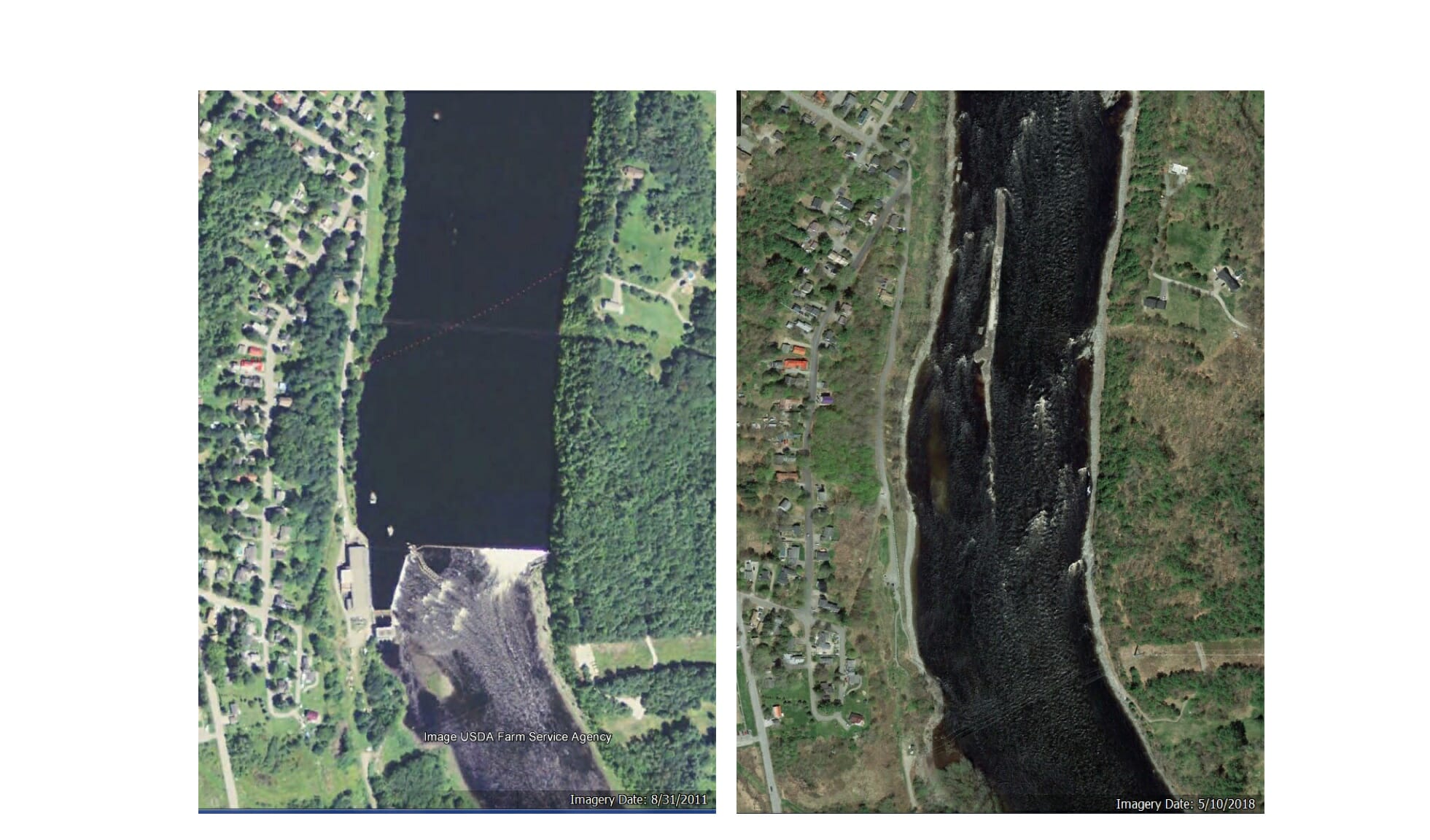By Chris Wood
It gives me great pride to live in a country that says it is our policy as a nation to “halt and reverse the trend toward species extinction, whatever the cost.” The Endangered Species Act is a patently American idea. Its presence demonstrates that we are not a desperate nation, hungrily grubbing out every barrel of oil, kilowatt of hydropower or board foot of timber.
The Endangered Species Act is the legislative embodiment of Aldo Leopold’s belief that:
“The last word in ignorance is the man who says of an animal or plant, ‘What good is it?’ If the land mechanism as a whole is good, then every part is good, whether we understand it or not. If the biota, in the course of aeons, has built something we like but do not understand, then who but a fool would discard seemingly useless parts? To keep every cog and wheel is the first precaution of intelligent tinkering.”
Given that three of the native trout species in the United States are extinct, and more than half of those that remain persist in less than a quarter of their historic habitat, it is obvious why Trout Unlimited cares about the Endangered Species Act.
Critics of the Act will argue that only a few dozen of the several thousand species listed under the ESA have been recovered. That misses the point. Consider the case of the Atlantic salmon.
When the Atlantic salmon was listed as endangered in 1990, it was met with howls of outrage. TU’s Maine Director Jeff Reardon recalls a public hearing where elected leaders led a call-and-response with the crowd. “What did you eat for breakfast?” And the crowd would roar, “salmon!” Politicians said the burgeoning blueberry and salmon aquaculture industries would be crushed. Paper mills would be shut down. Economic devastation would occur.

The original listing decision did not include salmon in the Penobscot River. The Governor was so convinced that salmon shouldn’t be protected anywhere in the state that he asked the National Academy of Science (NAS) to do a review.
Jeff says, “The final report read as if TU wrote it.” The NAS report said:
“Since most Maine salmon are now in the Penobscot River, that population should be a primary focus for rehabilitating the species in Maine… A program of dam removal should be started. Priority should be given to dams whose removal would make the greatest amount of spawning and rearing habitat available…”
In the end, science and common sense prevailed as the final listing decision did include other salmon rivers in Maine such as the Penobscot. It would be an overstatement to say that without the Endangered Species Act, we would not have been able to remove two dams on the Penobscot and route the river around a third, but it definitely helped.
“You can make a good case that the ESA system worked here,” Reardon says. “The recovery planning process identified a set of flaws in the original listing decision, and provided an opportunity for a course correction that facilitated collaborative problem solving on the Penobscot.”
That “collaborative problem solving” resulted in one of the most ambitious river restorations in the nation’s history. More than 1,100 miles of the Penobscot were reopened to migratory fish including Atlantic salmon.
Today, there is such a glut of wild blueberries in Maine, that the state’s congressional delegation often lobbies the federal government to buy them for school lunch programs. The aquaculture industry struck a voluntary agreement with TU and the Atlantic Salmon Federation that essentially eliminated intermingling of farmed fish with wild fish. New proposals for land-based aquaculture would double the state’s production. Paper mills did shut down, because the demand for paper declined—not because of salmon.
Herring, an important forage fish, had disappeared from the Penobscot. After the dams were removed, more than 1.5 million returned. Shad and stripers are seeing similar returns. Atlantic salmon, however, have yet to rebound.
Because of warming ocean temperatures, and their many other challenges, I wondered aloud to Jeff about the future of Atlantic salmon. He agreed about their challenging future but said, “I wouldn’t bet against the salmon.”
Chris Wood is the president and CEO of Trout Unlimited. He lives in Washington, D.C., and works from TU’s Arlington, Va., headquarters.



